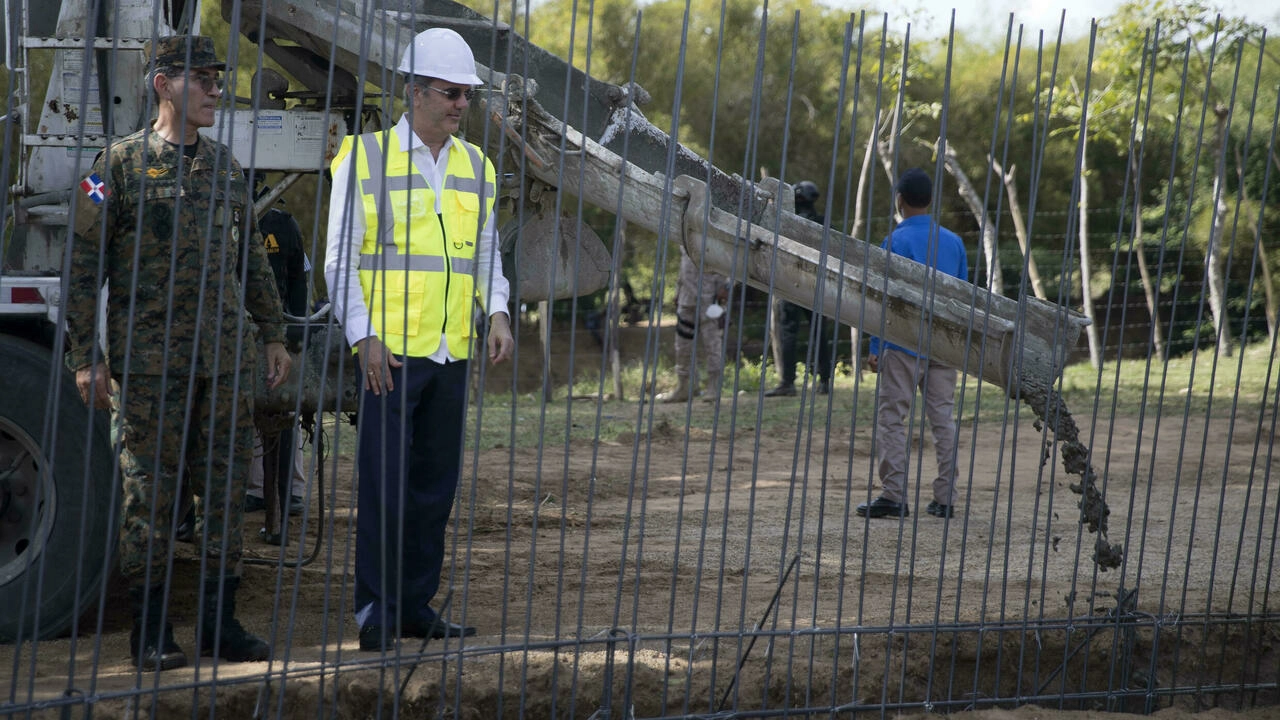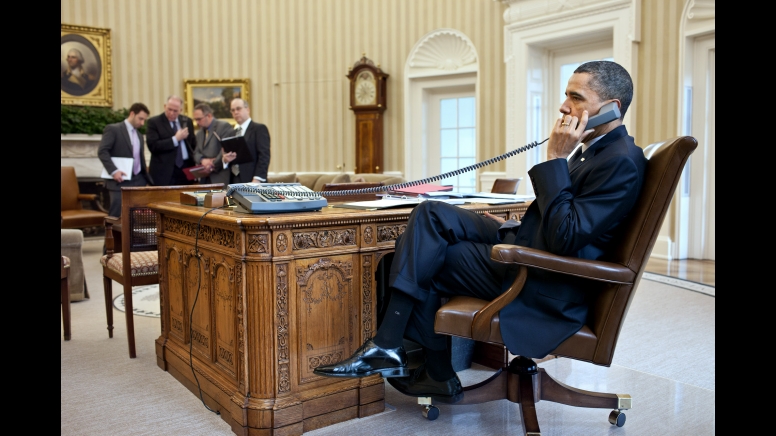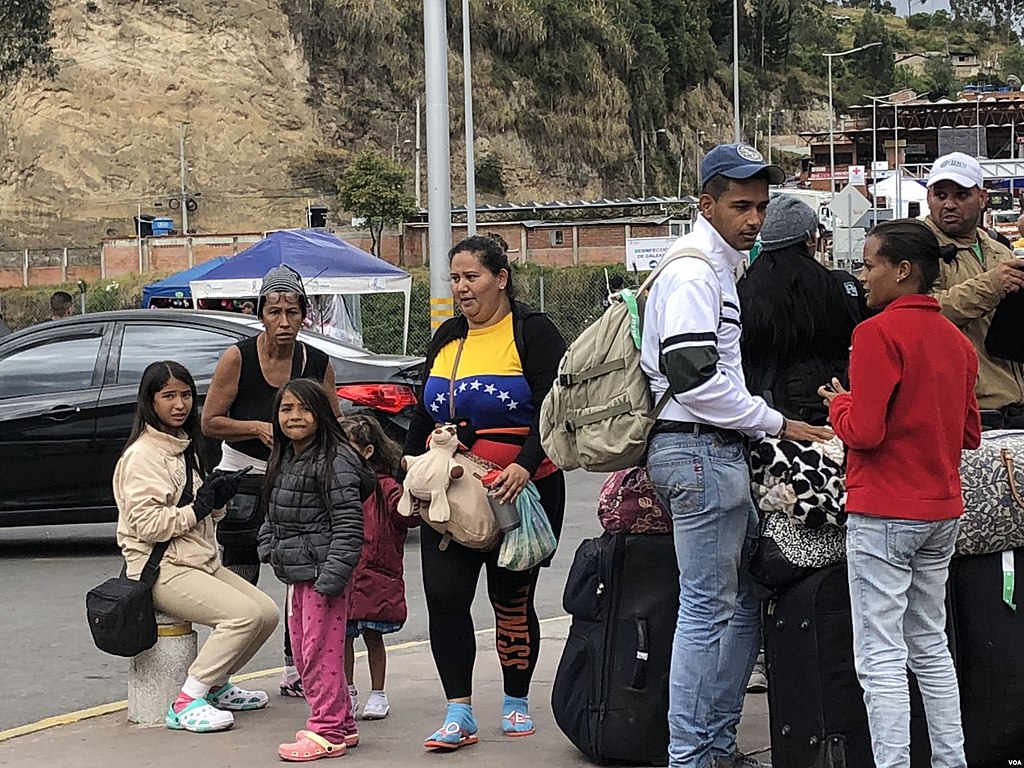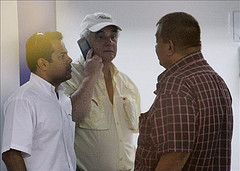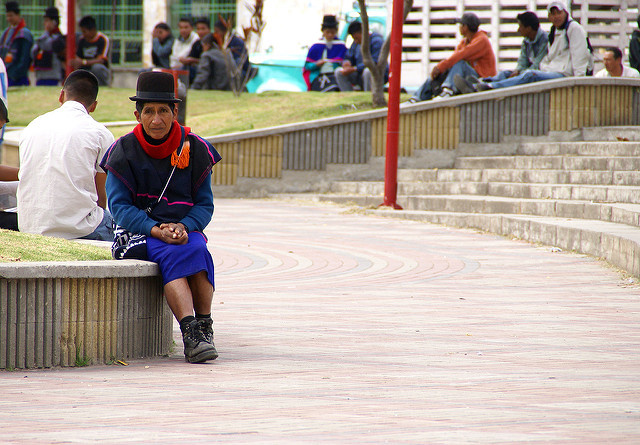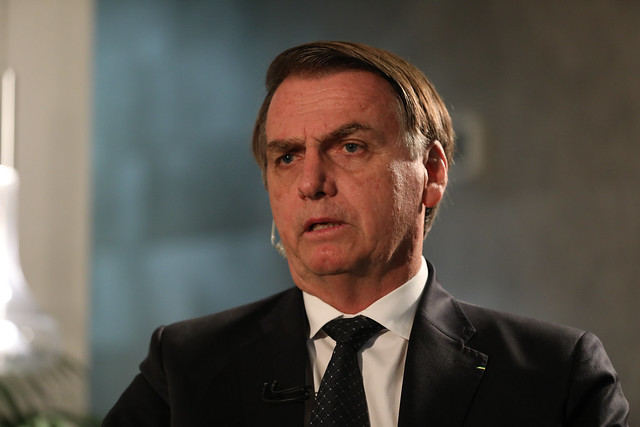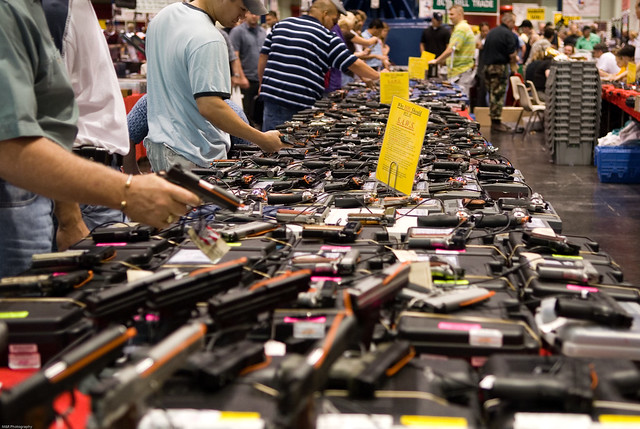
Latin America: Week in Review
Brazil Hosts Latin America’s Largest Gun Fair
April 4, 2019 By Staff
TODAY IN LATIN AMERICA
BRAZIL: Rio de Janeiro hosted Latin America’s largest gun fair on Tuesday with hundreds of companies and delegations in attendance, including the Brazilian vice president and the defense and justice ministers. Despite being traditionally closed to foreign gun manufacturers, Brazil saw representatives from over 80 countries participate in the fair. Raug, a Swiss arms manufacturer, recently established its Latin American headquarters in Brazil, despite scrapping a munitions factory plan in 2018 over image concerns of selling armaments in an already violent country.
Foreign gunmakers have looked forward to the opening of the Brazilian gun market with the favorable presidency of Jair Bolsonaro. Shortly after taking office, Bolsonaro signed a decree that facilitated gun ownership and increased demand by 20 percent. Defense Minister Fernando Azevedo e Silva said that “this industry is very relevant for our growth.”
HEADLINES FROM THE WESTERN HEMISPHERE
NORTH AMERICA
UNITED STATES: Some of the United States’ most powerful Republican leaders have warned President Donald Trump against closing the country’s southern border. On Tuesday, Senate Majority Leader Mitch McConnell said, “Closing down the border would have potentially catastrophic economic impact on our country.” Trump, however, has stood firm and tweeted about closing the border for the past three days. Economists have stated that shutting down the border would have dire consequences, such as food shortages and price increases.
MEXICO: The Mexican National Institute of Women (Inmujeres) urged women who denounced aggression and harassment on social media through #MeToo to file formal complaints. An official government release stated that “these cases must be investigated and sanctioned, the damage must be repaired so this does not happen again.” Inmujeres took the #MeToo movement as a point of reference and stated that it would be adapted to a government protocol for the “prevention, attention and sanction of sexual harassment.”
UNITED STATES: With the Trump administration and congressional Republicans facing their inability to fund the border wall, Republican leaders are refocusing on a proposal to simplify deportations of undocumented Central American children and families. This initiative would imply profoundly changing U.S. asylum law, and advocates have said it could result in children being sent back to their countries. A deportation crackdown would be Trump’s latest effort to discourage arriving Central American immigrants from entering the United States.
CARIBBEAN
CUBA: Yesterday, the Cuban Baseball Federation (FCB) released a list of players eligible to participate in the Major League Baseball (MLB). The list includes 34 players, ages 17 to 25. Upon signing a contract, the players may return to the island during the offseason. The agreement between the FCB and MLB runs until 2021. Earlier this year, the Little League International, a baseball tournament for children ages 4 to 12, allowed young Cuban talents to participate in their competition.
HAITI: The Haitian Workers’ Trade Union Organization is demanding a 1.500 gourdes (approximately $19) minimum wage. The association is asking the government to ratify the increase, which was already approved on March 26 by the Haitian Chamber of Deputies. In response, a large demonstration, which includes the trade union, is planned for May 1.
CENTRAL AMERICA
COSTA RICA: Seven communities “trapped” inside an environmentally protected zone are now keen to change the zone’s boundaries in order to develop and industrialize. In the 1980s, these communities were named part of the Tivives Protected Zone, which covers over 2,000 hectares of tropical rainforest in the western Puerto Caldera region. Now, local municipalities have developed a land-use plan, with “high intervention” zones where building can be erected. Reuters reports that the first stages of this plan will be implemented later this year.
ANDES
COLOMBIA: U.S. Ambassador Kevin Whitaker invited Colombian senators to his residence Tuesday morning and asked them to approve President Iván Duque’s objections against the transitional justice law. The law, which has been delayed for months, forms the backbone of a historic peace agreement signed with FARC rebels in 2016. Last month, Duque sent the transitional justice law back to congress in a move lamented by the United Nations and the International Criminal Court. The senators invited by Whitaker formed part of the congressional subcommittee set up to analyze the president’s arguments against the transitional justice law. Several of the senators expressed worry at the nature of the unofficial meeting and made their positions clear, even releasing a report that recommended rejecting the president’s objections.
ECUADOR: President Lenín Moreno announced this week that Wikileaks founder Julian Assange had “repeatedly violated” the terms of his asylum at the Ecuadorian Embassy in London. The accusations come days after Moreno’s administration was rocked by an offshore corruption scandal known as the Ina Papers. Wikileaks accused Moreno of “twisting the embarrassing Ina Papers” to oust Assange on Twitter yesterday. Assange has been living in Ecuador’s London Embassy since 2012, but his asylum is in jeopardy due to deteriorating relations with Moreno’s government.
PERU: A British religious and environmental activist was found burned to death Tuesday in the youth hostel he ran in the Amazon city of Iquitos. Seventy-one-year-old Paul McAuley was a Catholic missionary who promoted the rights of Indigenous populations against powerful logging and minings interests. McAuley, who had lived in Peru for more than 20 years, was part of the De La Salle Christian Brotherhood. McAuley gained international attention in 2010 when the Peruvian government tried to strip him of his residency for leading protests against drilling in the Amazon.
